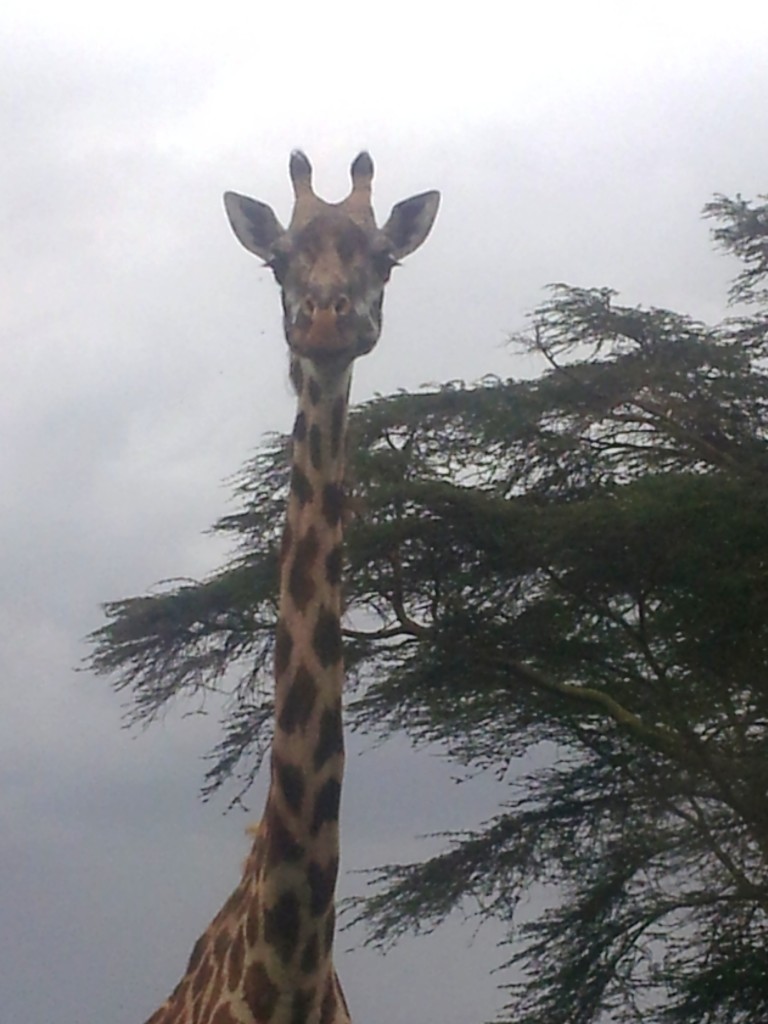A colleague from Kenya once told me, “In Europe you have lost touch with nature, we are more integrated with it, we see ourselves as part of it – this must make a difference in the way we approach management”. Pope Francis’s recent trip to Africa reminded me of this sentiment.
Caring for the Earth – “our common home,” as Francis calls it in his letter “Laudato Si’” – was an important point in his address to the United Nations (UN) in Nairobi. Both the address and the letter contain messages that are very relevant to environmental sustainability and can be synthesized in just one word: interconnectedness.

Environmental, social, and economic sustainability can’t be decoupled : there is an “intimate relationship between the poor and the fragility of the planet.” “We ourselves are dust of the earth; our very bodies are made up of her elements, we breathe her air and we receive life and refreshment from her waters.”*
When we forget the obvious link between the environment and society, we easily abuse the earth, and engage in strategies that are unsustainable : “When nature is viewed solely as a source of profit and gain, this has serious consequences for society.” “The human environment and the natural environment deteriorate together; we cannot adequately combat environmental degradation unless we attend to causes related to human and social degradation. In fact, the deterioration of the environment and of society affects the most vulnerable people on the planet.”Needless to say, a significant proportion of the African population are among the most vulnerable. You may want to take a look at a related post on what the middle class looks like in Kenya.
The solution? Francis doesn’t offer a technical solution – it’s not his role, and for sure there are multiple solutions. But he provides guidance: solutions will emerge if we – both business leaders and policy-makers – place human beings at the core of decision-making.
Indeed, engagement with nature does make a difference to how we approach management – wouldn’t you agree?
* Quotes taken from Francis’ letter “Laudato Si’”


what a remarkable reminder by the pope, the only way we can save our planet is by becoming more intimate with the world around us. It’s only then that we’ll understanding and be grateful for what it has to offer. I love Kenya, am a revolutionary standing on the forefront a true ambassador of nature.
Yes, and one of his messages in Laudato Si is that it’s difficult for us to care about the environment if we don’t care about our communities.
Definitely, local wisdom teach us the values of life that emerge in every aspect of human being.
And taking into account local wisdom is critical for business. btw, you may be interested in an earlier post on indigenous entrepreneruship: https://blog.iese.edu/africa/2015/01/14/a-new-era-of-indigenous-entrepreneurship/
Thanks Africa for your note! My colleague and I are currently digging into the indigenous management knowledge on physical spaces and natural resources among the Maasai and some Bush families (i.e. Sandawe) across the Great Rift Valley region in Tanzania, East Africa. As you pointed out, yes, we have lots to learn from the indigenous people such as Maasai how they traditionally care and show stewardship towards physical spaces and natural habitat, and how they can contribute to traditional management theories.
Thanks for your comment, Aloysius. Your research sounds very interesting. You may want to consider the Africa Journal of Management as a potential publication outlet.